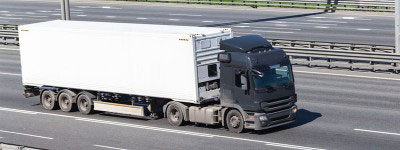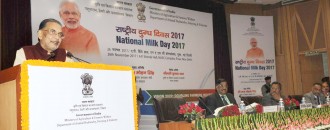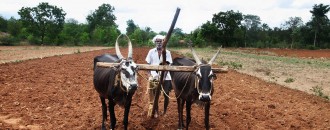Reducing inefficiencies in reefer transport will make India’s food exports more competitive in the global market, says Sushil Rathi, Senior Vice-President, Mahindra Logistics
The Dollar Business Bureau | @TheDollarBiz

Most of the perishable products in India are transported via non-reefer mode; existing reefer transport capacity in India covers less than 4% of total requirement

Sushil Rathi, Senior Vice-President (SCM), Mahindra Logistics Limited
This article was published on September 16, 2014.

 Most of the perishable products in India are transported via non-reefer mode; existing reefer transport capacity in India covers less than 4% of total requirement
Most of the perishable products in India are transported via non-reefer mode; existing reefer transport capacity in India covers less than 4% of total requirement Sushil Rathi, Senior Vice-President (SCM), Mahindra Logistics Limited
Sushil Rathi, Senior Vice-President (SCM), Mahindra Logistics Limited




 to success.
to success.